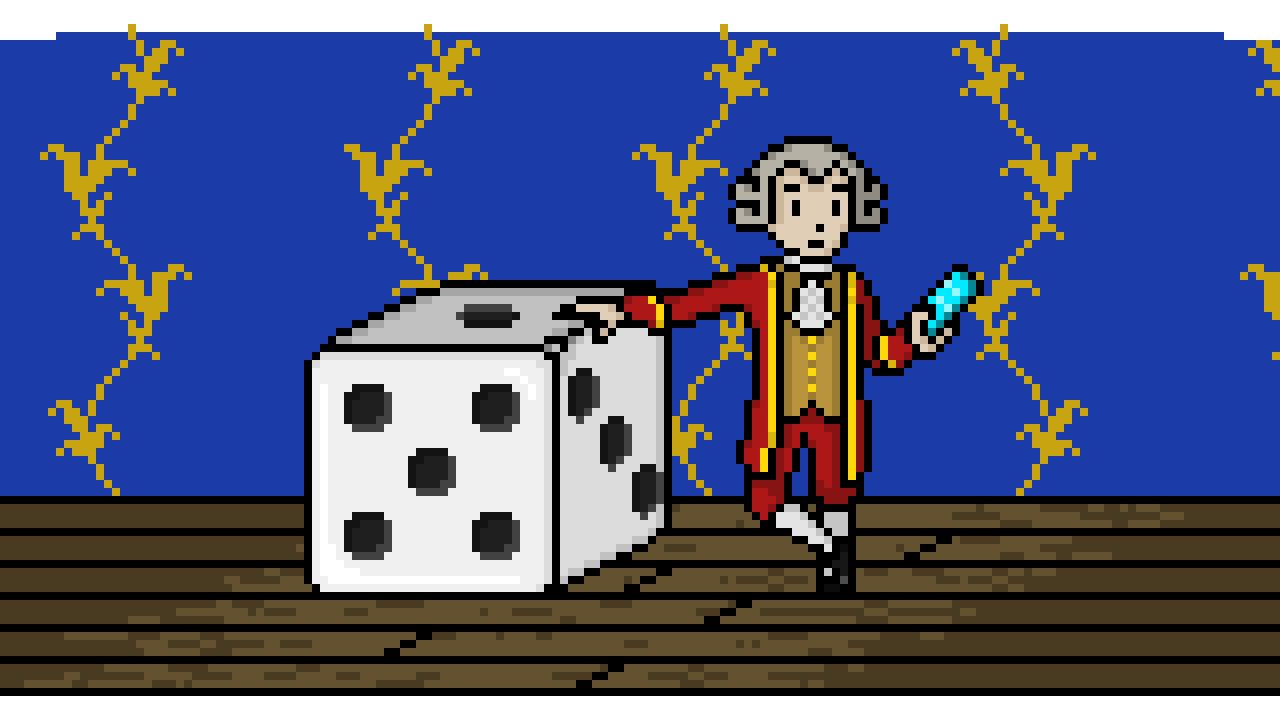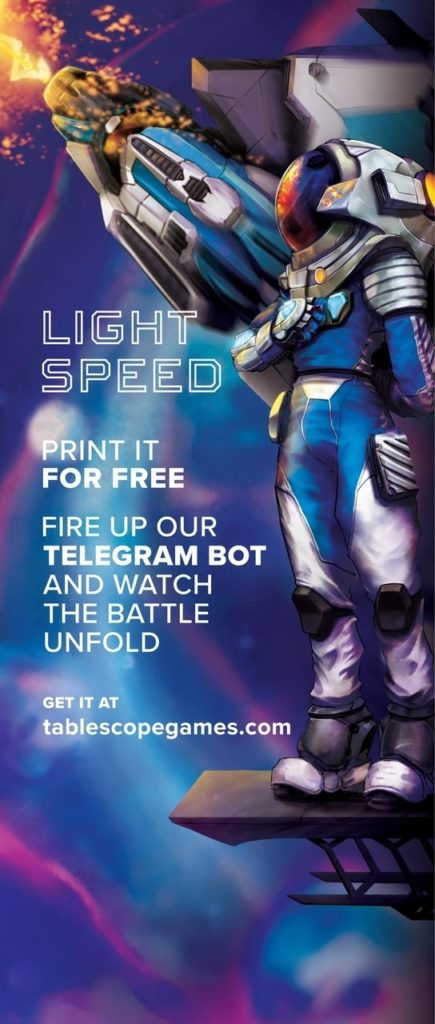Lately, I have usually been having bread, butter and marmalade for my breakfast.
When there is nothing more than crumbs left on the plate, I finish up my tea or coffee with no haste. I cross my legs, look at the kitchen burners and think about board games.
A few weeks ago, I was not thinking about game design, though. At least not directly. Rather, I was pondering over a sentence that Mozart wrote to his family:
“Here in Milan, I learned a new game called Mercante in Fiera; as soon as I return home we play it.”
December 1772
I had received it the previous day on WhatsApp, right before firing up a Google search to verify whether Mozart had actually written those lines. Afterall, in 2021 it is always better to double check everything originating from social media.
Anyway, Mozart actually sent that letter.
Mozart the player
Mercante in Fiera is a simple auction game. It is one of the gambling games from the Italian tradition usually played over Christmas, alternating in many houses with the more prominent Tombola (Bingo).

Three elements of the words in the letter struck me:
- Mozart had learned a new tabletop game; very simple and based on luck but still a game that my aunt pulls out from the shelf every Christmas,
- Mozart had felt that the game was worth the ink needed to mention it in a letter,
- Mozart planned to explain it to his family and play it again.
Even leaving aside the nature of Mercante in Fiera itself, he exhibits at least three aptitudes of a modern board gamer: the open-mindedness of learning a new game, the push to share his experience, and the will to reproduce and spread it.
Besides, we were talking about an Italian game, named by one of my favourite composers, who was born in the country where I currently live. The find was striking.
It was a short step to imagining Mozart in the act of assembling an Ikea shelving unit while whistling the serenade No. 13 in G major, logging into his Kickstarter account to check the status of a project backed a few weeks earlier, or riding back from Essen with his knees up to his chin because most of the room in the coach is packed with freshly bought game boxes.
And I obviously ended up picturing myself explaining one of our games based on computer vision to Wolfgang. How would he have reacted to the requirement, although marginal, of a smartphone? Would he have been excited about trying the game out?
With the excuse of answering these questions, I carried out some research on Mozart the player.
Trick-taking games
Mozart used to travel a lot, moving between courts and palaces. Besides composing, he used to play a lot.
Card games such as Tresette, L’Hombre and Tarot were extremely popular, and it is well documented that Mozart would take part in a game as often as he had a chance to do so. Games were usually played for high stakes and Mozart used to push his luck, not seldom with catastrophic outcomes.
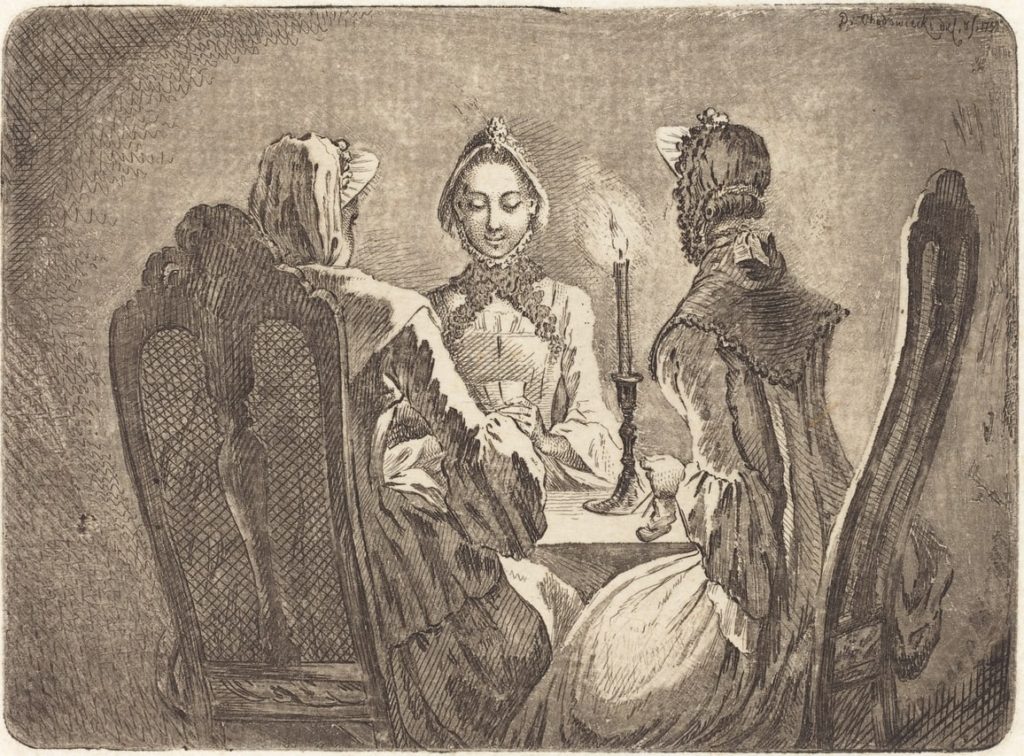
It seems that Mozart had a pretty naive approach to gambling and that he was not able to defend himself against cheaters at the table. We can read plenty of letters where he asks friends or relatives to cover his debts.
“If you do not help me out in this situation, I will lose my honour and my credibility.”
June 1788
Apart from attempting to recoup debts, mastering several games was a skill needed to integrate well into the social dynamics of the time. This is a fact interesting by itself when compared with the role that board games have played at different times of history and in different social groups. Such roles have included ritual elements, activities for kids, bar pastimes, pure gambling and niche hobbies, before finally transcending from the aspects that are not strictly recreational to become a much broader phenomenon only in the last 30 years.
Anyways, back to Mozart.
Dexterity games
From the age of ten, when he was not busy being a Wunderkind, Mozart used to play Bölzlschießen, literally “shooting the little bolt”. This was about shooting with an air gun to targets painted with scenes inspired by the daily life of the time.
As in every respectable game afternoon, a crucial role was played by the host, who offered their home, garden, pastries and prizes. Mozart’s family would often host Bölzlschießen games and Wolfgang knew how to be very precise when it came to describing what he wanted to see painted on the targets: “A short man bends over and shows his a*s… [more details follow]”.
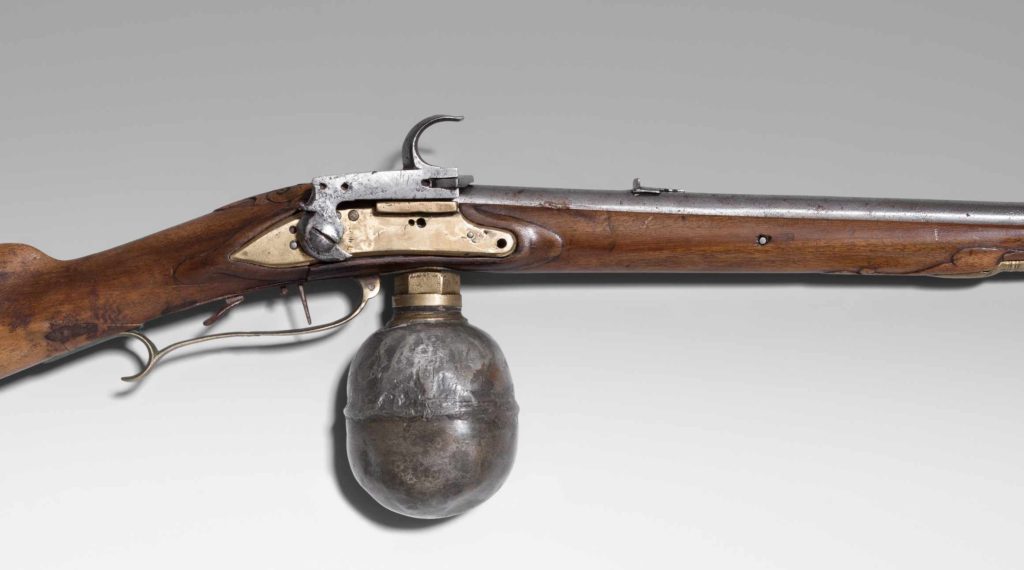
Within the family of dexterity games, browsing through the letters written to his sister, I also found an interesting reference to the game of bocce (the Italian name for pètanque or boules).
“If I tried to write you an account of all I saw [here in Rome], this sheet would not suffice. I played at two concerts, and tomorrow I am to play at another. After dinner, we played bocce. This is a game I have learnt, and when I come home, I will teach it to you. When I have finished this letter, I am going to complete a symphony that I have begun.”
April 1770
Not only does Mozart again exhibit a strong inclination to play and the will to let his relatives know about games he liked, but in few lines he also provides us with a singular sequence of content.
He rushes writing about what he saw in Rome because there is not enough paper, mentions, with no details, his concert schedule, spends two lines to comment about a new game he had learned and finally, as if it was the most natural thing, he informs us that after finishing the letter, he was going to finalize a symphony.
BOOM.
Solo
After moving to Vienna, where billiards was very much in fashion, Mozart did not pass on becoming a great fanatic of the game.
Goethe’s friend, Sulpice Boisserée, writes that: “Mozart was a passionate billiard player although not skilled at all. He was thrilled by a famous billiard player coming to Vienna more than he was interested in the visit of a well-known musician”. And there as well, the author writes about the composer’s habit of staying up all night to play billiards, usually ending up losing a large amount of money.
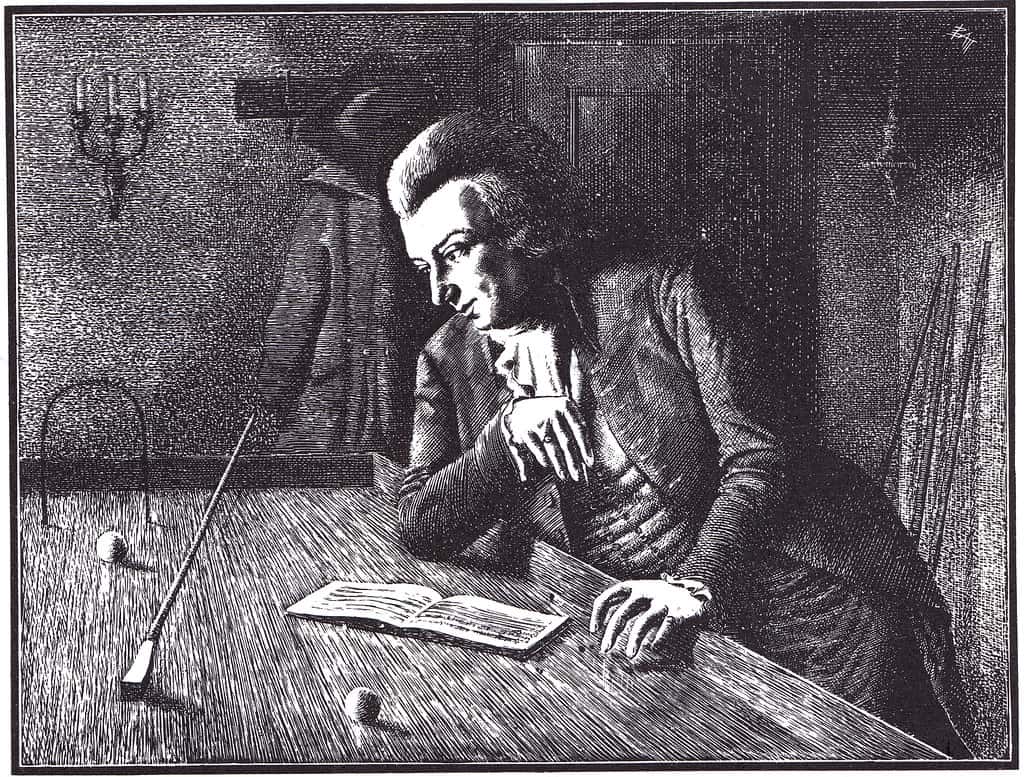
Mozart also had a billiard table at his place. To that extent, a few lines written to his wife shows how he did not mind playing his favourite game in solo mode.
“Right after your departure, I played two billiard games with Mr. von Mozart, then I asked for a black coffee and after that I smoked a splendid tobacco pipe.”
October 1791
Coffee, smoke, whole nights spent playing billiards. And suddenly our Wunderkind replaces Paul Newman in a scene from ‘The Hustler’.
Board games and dice
Beside cards and dexterity games, it is well documented that Mozart’s family also owned tabletop games provided with boards and pawns.
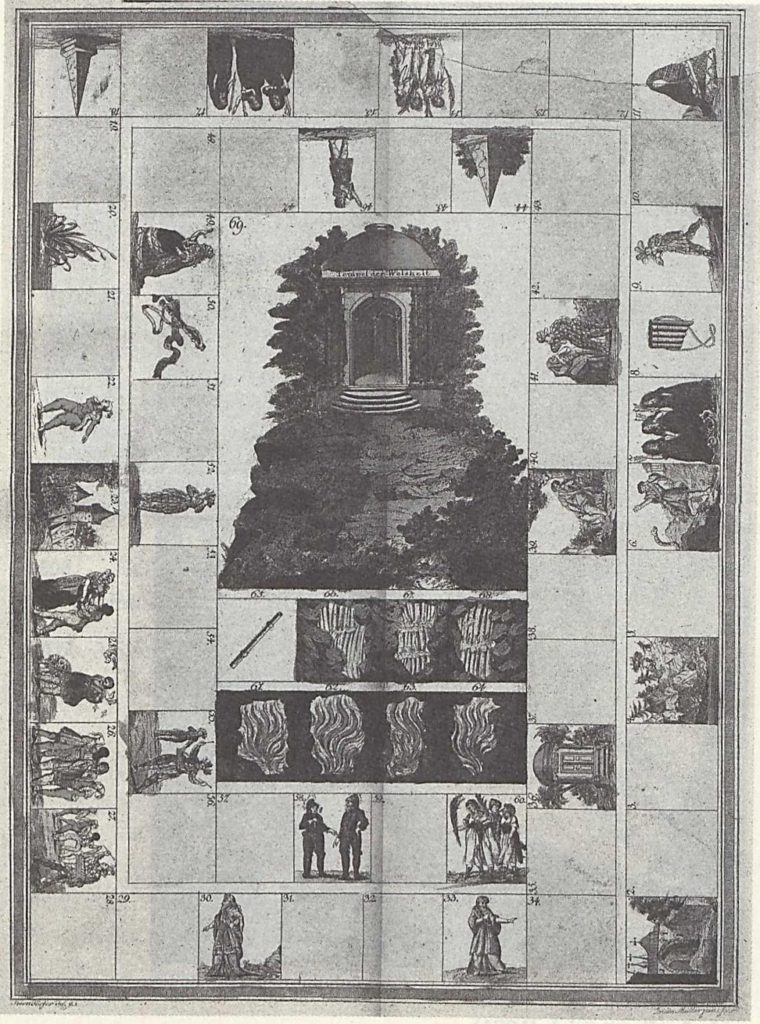
References to specific games are not very precise but we can understand that such games were completely or almost completely based on luck. Mozart’s father also mentions chess and checkers in his letters but there are no direct connections between Mozart and these games.
Too bad that the board game inspired by the opera ‘The Magic Flute’ was released only in 1793, two years after the death of the musician.
Tradition also attributes to Mozart the invention of a system used to compose waltzes by repeatedly rolling two dice, capable of generating 1 518 999 334 532 964 different pieces of music, although similar in the harmony.
In fact, the booklet titled ‘Instructions for the composition of as many waltzes as one desires with two dice, without understanding anything about music or composition’ was actually printed by Mozart’s publisher but there is no evidence that it was his own work. However, among his manuscripts, there are 176 fragments of music, which most likely had to be assembled sticking to specific rules in order to generate a short composition.
Unfortunately, as in the best stories where someone finds an old game in an attic, instructions are not attached.
Criticisms and eternity
In this section, I will deviate a bit from the game topic and share a thought and an anecdote not directly related to Mozart as a player. Nevertheless, I hope that they will aid the attempt of answering the (very reasonable) question that brought me to dig into Mozart’s correspondence: Would he have played a digital hybrid game?
The criticism
One day my friend Florian told me that Mozart’s music does not give him any joy.
At first, I thought that this must be an isolated case. After asking a bit around, I discovered that a not insignificant amount of classical music lovers cannot stand the Austrian composer. The reason? They find his music too simple, naïve; purely entertaining.
On the one hand, it is true that Mozart, especially as a very young composer, wrote music to please the taste of the nobles whom he served. On the other hand, the music ideas that we find in his ‘700 pop are completely new and, although they might sound simple, they create complex interactions.
As I see it, this is a dilemma that for board games would translate into asking: Is Catan less worthy than Twilight Imperium? Is Azul worse than Dune? Is chess too simplistic if compared with Brass: Birmingham?
Each player will have their own answer.
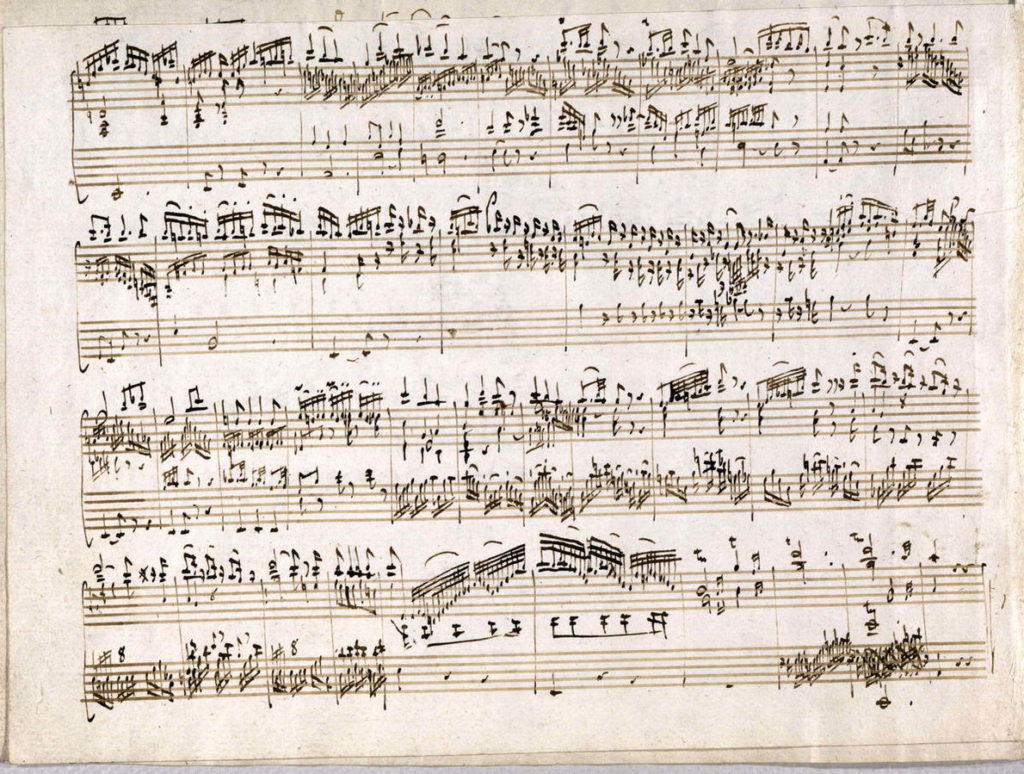
The anecdote
Mozart composed the opera ‘Idomeneo’ knowing that the famous tenor Anton Raaff was going to sing the main role.
He was an expert singer, but his voice had begun to age. Raaff was worried that he might fail at the performance and was not completely at ease with the modern style of the music. For this reason, he asked the composer to change the score.
How did Mozart react? He followed Raaff’s indications and changed, deleted and rephrased the music over many months. He wrote in a letter:
“The aria is now admirable, but there is still an alteration to be made recommended by Raaff; he is, however, right, and even were he not, some courtesy ought to be shown to his gray hairs.”
November 1780
Mozart did not compose aiming at music to be listened to for eternity. Rather, he was a son of his time and wrote to make the next piece work out.
Conclusions
Cards, billiard, air guns, board games, bocce and dice. Playing was a central activity in the life of the most iconic musician of all time.
Of course, money was often at stake, which is an aspect that today we associate essentially with gambling.
Nevertheless, Mozart was certainly a man who did not miss a chance to learn a new game, to mention it in his letters and to share his playful finds with friends and relatives.
Ultimately, the set of attitudes of a modern geek.
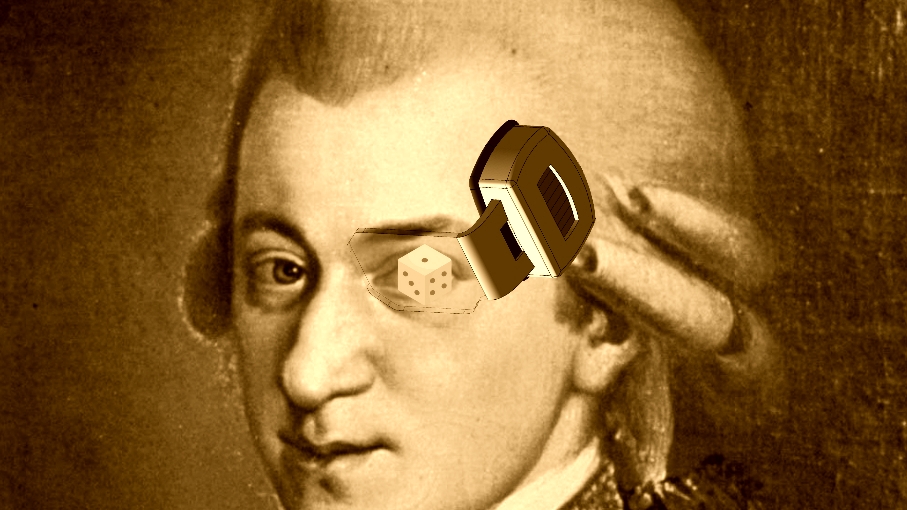
Getting back to the question that triggered this article. Would Mozart have played a board game based on computer vision? With his inclination to games in general, which should be at this point already apparent, I suggest three reasons supporting an affirmative answer.
Firstly, Mozart was a man of his time and always ready to work on what the present had to offer.
Secondly, his creative genius did not miss a chance to innovate, including within consolidated schemes.
Lastly, Mozart was a hybridization master himself. The famous operas ‘Don Giovanni’ and ‘Così Fan Tutte’ are among the most successful examples of a so-called dramma giocoso (literally playful drama, playful!), meaning they were obtained by combining the genre of melodramma and opera buffa (funny opera).
After all this, I am sure that I would have convinced him to sit and play a game 😉
Related articles
If you want to know more about the challenges of applying computer vision to board games, have a look at ‘2 Pros and 2 Cons of Running a Start-up that Develops Digital Hybrid Board Games‘.
Bibliography
I wrote a large part of this post based on the book: ‘Mozart: Glück, Spiel und Leidenschaft’ by Bad Honnef, the article ‘Mozart als Schütze und Billardspieler’ (unfortunately both available only in German language) and the online archive of Mozart’s letters.
I was also inspired by episode #97 of The Dice Tower, by a geeklist dedicated to the composer and by the lively discussion that followed a post of mine concerning Mozart and board games on Reddit.
Pixel art by Jere Sikstus

